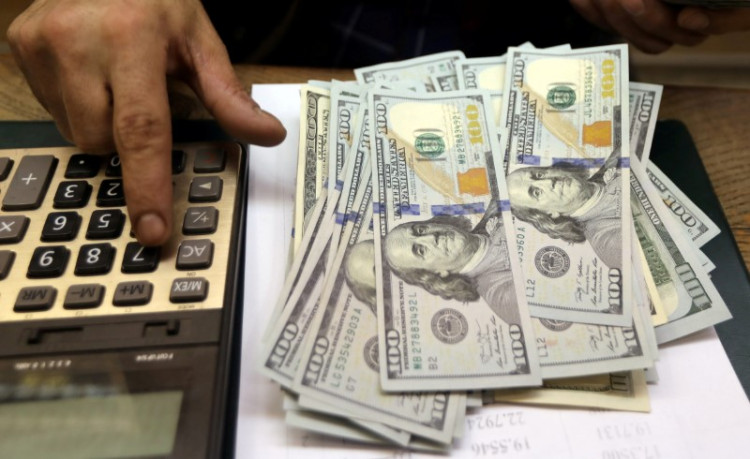Although the federal government is no longer providing stimulus funds, some states are about to send a fourth check to households to try to mitigate the effects of inflation in the increase of prices of goods and services resulting from the rise in the price of oil, as well as the war that is raging on the other side of the globe.
Although not everyone may be eligible, these payments are expected to benefit 87 million residents.
The amounts of money approved now will be much smaller than those approved during the pandemic, primarily to keep inflation from worsening by putting more money into a market where supply is already less than demand.
The consumer price index for February, which measures changes in the cost of food, housing, gasoline, utilities, and other goods over the previous 12 months, increased by 7.9%, the highest increase in 40 years.
So far, the following state governments have approved the proposal to send a new stimulus check against inflation: New York, Indiana, Florida, New Jersey, and New Mexico.
The Excluded Workers Fund, a stimulus fund worth more than $2 billion, has been approved in New York to assist undocumented workers who were unable to collect previous federal stimulus checks.
According to Marca, money has been paid out to those in that category who earned less than $26,208 in 2020. This program will be expanded in 2022.
Indiana residents may be eligible for additional funds in 2022. According to Marca, the Indiana State Government posted a large surplus last year, and the government intends to provide a tax refund worth approximately $125.
According to Gov. Ron DeSantis, Florida teachers may receive a stimulus payment of up to $1,000 this year. This payment will be made to approximately 177,000 Florida teachers and principals. DeSantis is also allocating $600 million to increase the minimum teacher salary from $40,000 to $47,500.
Gov.Murphy and the New Jersey Legislature recently approved a budget that would send one-time rebates of up to $500 to nearly 1 million families. Now, Murphy proposes allocating an additional $53 million to send $500 payments to those who file taxes using a taxpayer identification number rather than a Social Security number.






